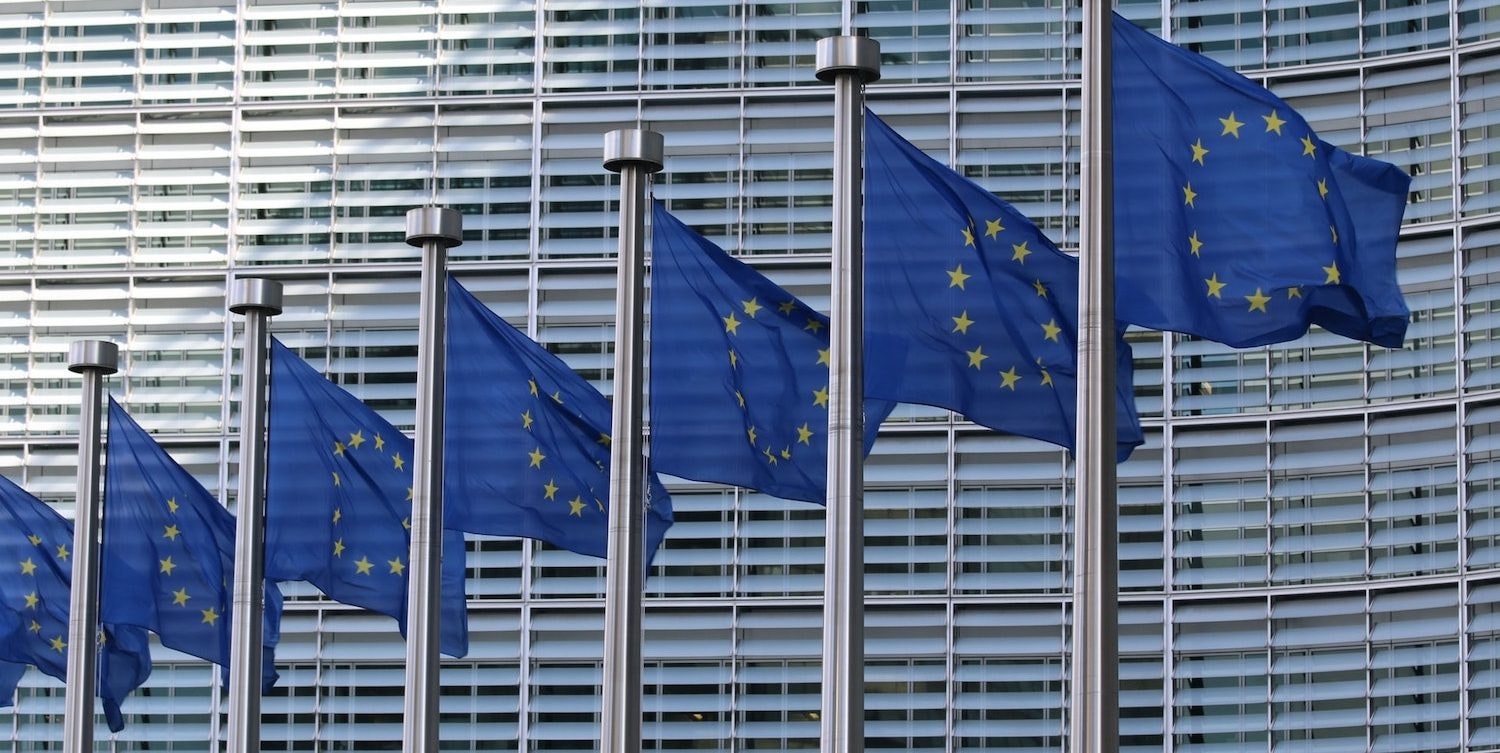One month after France president Emmanuel Macron called a surprise snap election, the country has a new parliament — but little clarity on its political future.
In an outcome that contradicted most opinion polls, the left-wing coalition Nouveau Front Populaire (NFP) secured the most seats, coming ahead of Macron’s Ensemble political group. The far-right party Rassemblement National (RN), which was predicted to outperform its rivals and gain a majority, came third.
None of the three blocs have a majority in parliament, however, leaving the country in limbo for now — in terms of appointing a government, passing laws and outlining a new budget.
The campaign saw founders and VCs voice concerns first at the rise of the far-right party RN, and then at the rapid ascent of the newborn left-wing coalition NFP. Some in the entrepreneurial community feared that a majority on either side of the spectrum could be bad for business.
Now, neither the RN, the NFP nor Macron’s camp will be able to govern on their own.
Question marks
The first questions that need to be answered concern the formation of a new government and the appointment of a prime minister. The incumbent prime minister, Gabriel Attal, has been asked by Macron to remain in his role for the time being.
With no bloc securing a majority in parliament, it is unclear who — and from what parties — the president will appoint to govern the country. The left-wing NFP, which has won the most seats, has already made clear that it would put forward a candidate to take on the role of prime minister.
“We don’t know who will make up the government, so it’s difficult to make any predictions,” says Véronique Torner, the president of Numeum, a union that represents French tech companies.
The coming weeks will be key as critical roles are filled — including ministers and secretaries of state for digital, finance, employment, research and education.
“We’ll need to open discussions with the new government, and what’s at stake is how mature our future interlocutors will be on digital topics,” says Torner.
Government inertia
Even once ministers are appointed, governing the country with such a fragmented parliament is looking like a major challenge.
After seven years that saw Macron put a lot of weight behind the tech sector — from pushing tax reforms to encourage more investments in French companies, to launching the €54bn “France 2030” plan — some worry that a government freeze will cause a slowdown in innovation-friendly measures.
“We have to ensure that we do not adopt a wait-and-see attitude, or worse, decelerate,” says Torner. “The new government has to continue with the roadmap and even accelerate it.”
Antoine Lévy, assistant professor at UC Berkeley, says there is an imperative, in the coming years, to make big decisions and develop clear strategies on issues like tech sovereignty, AI, climate and European collaboration — but the current makeup of parliament could make this very difficult.
“On these topics, some decisions won’t be taken or they will be taken too late, or too slowly, in a country that isn’t having a decent political debate,” he says. “We are clearly going to lack any political direction.”
Getting cosy with the left
Despite the challenges, many see the election results — particularly the RN’s performance — as good news.
After several weeks of campaigning during which a far-right majority in parliament appeared to be the likeliest outcome, Koussée Vaneecke, the chair of Lille-based startup incubator Euratechnologies, describes the results as “a huge relief”.
A quarter of Euratechnologies’ ventures have foreign founders, says Vaneecke, and one of the incubator’s priorities is to attract international startups to support their expansion to France. The far-right’s strict stance on immigration, therefore, was a key concern.
“We would have been much less attractive globally with a far-right majority,” she says. “It would have impacted people’s decisions to come to France.”
“20% of our employees have foreign passports,” says Grégoire Hug, the founder of climate tech WeeFin. “There has been a lot of anxiety among our clients, partners and employees about the potential rise of the RN.”
But for others, the victory of the left-wing NFP is not a reassuring prospect either. To govern, Macron will need to seek the support of the NFP — and some worry that the coalition’s pledge to “break” the current president’s legacy will impact France’s hard-earned image of an entrepreneur-friendly hub.
“For years, we’ve been working on France’s image as a dynamic and competitive country,” says Marc Menasé, the founder of French VC Founders Future. “That’s what I’m worried about now.”
One of the NFP’s proposed measures is to restore the wealth tax that Macron scrapped in 2018. At the time, the president replaced the wealth tax with a property tax and a separate 30% flat tax on capital gains, dividends and interest.
This was pitched as a way to encourage more investment into French companies and is seen as one of the important measures passed to support startups.
Berkeley’s Lévy says that to gain the support of the left, Macron’s camp could consider restoring the wealth tax — a U-turn that would impact the image of France as a pro-business country.
“Macron’s bet was to show that France was a dynamic country, favourable to entrepreneurs and business, even if it meant reducing tax revenues,” says Lévy.
“Restoring the wealth tax will send the signal of a leftwards turn on capital taxation, which represents a step backwards compared to the Macron era.”
Startups’ frustration
It’s difficult to predict what the coming months have in store — and uncertainty is rarely good for business.
“If you know that funding conditions, regulation, taxation or immigration policies can change quickly in the short-term, it creates uncertainty,” says Lévy. “That’s hard to price in an investment model, and inevitably will stop some investment decisions.”
And Founders Future’s Ménasé says within the sector there remains a lot of frustration at Macron’s decision to call the election.
“We’re coming out of two difficult years in tech, and things were starting to pick up again,” he says.
“No one understood the violence of the decision, the incentive to call the election so quickly. There is real frustration in the ecosystem.”



